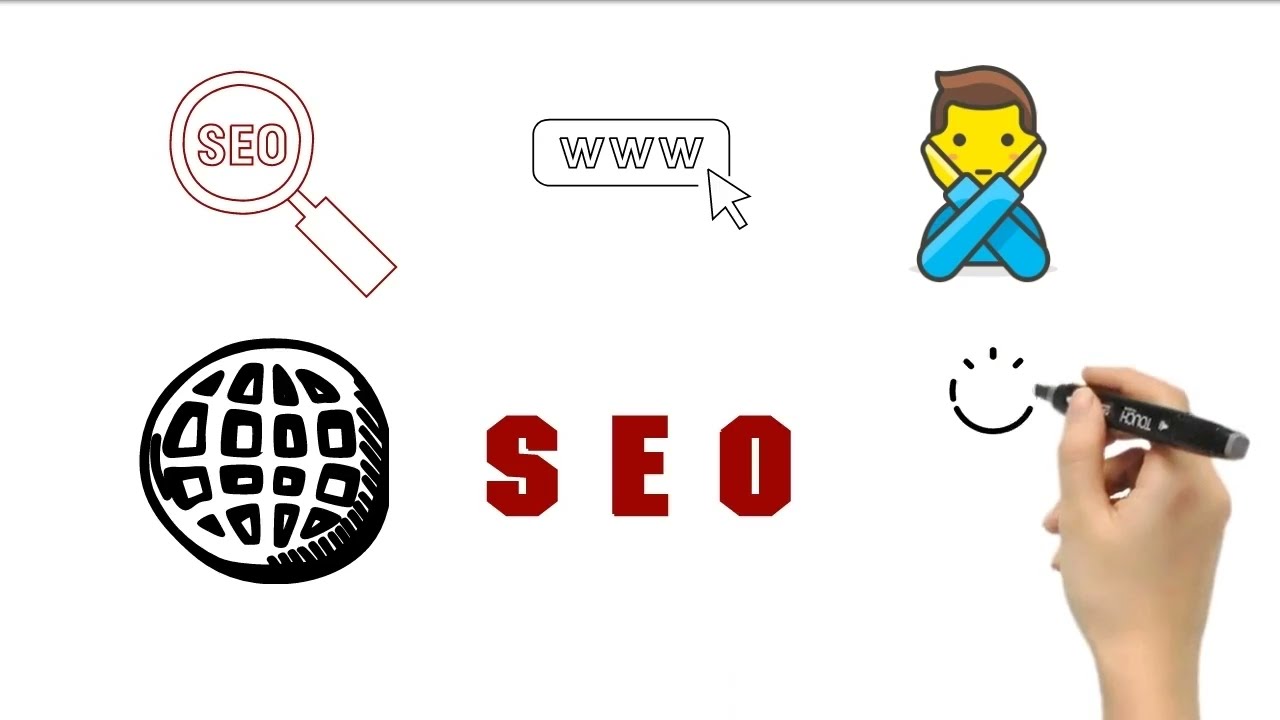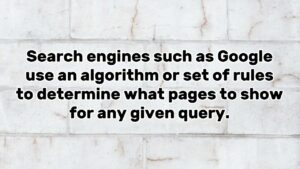
Visit: https://digitalmarketingorseo.com/search-engine-optimization-seo-packages/ for more information on SEO and how to get it done by PROs.
A brief explanation of search engine optimization, or SEO.
It’s called “search engine optimization,” or “SEO.” For the sake of this discussion, “SEO” refers to the practise of optimising your website so that it appears higher in the search results of Google, Bing, and other major search engines. In order to attract new and current clients to your company, you need to make your pages more visible in search results.
What is SEO, and how does it work?
It is common practise for search engines like Google and Bing to utilise bots to scan the web and gather information about web sites. For example, think of the index as a large, open-ended library where librarians may assist you locate precisely what you’re searching for.
Next, computers use hundreds of ranking criteria or signals to decide which sites should show in the search results for a particular query. Because he or she has read every book in the library, our librarian example shows that the librarian is well-versed in the material you’re looking for.
Some components of the user experience may be represented by our SEO success criteria. How search engines figure out how well a website or web page can satisfy a searcher’s needs is based on its ranking in search results.
For organic search rankings, you cannot pay search engines, thus SEO specialists have to put in the effort. We’re here to help.
In our SEO Elements Periodic Table, we categorise the factors into six primary categories, and then weight each aspect according to how important it is in terms of SEO. As an example, content quality and keyword research are two significant aspects of content optimization, whereas crawlability and speed are crucial aspects of the site design.
Toxins that undermine SEO best practises are now included in the SEO Periodic Table. Back in the day, when search engines’ algorithms were less sophisticated, this would have been sufficient to secure a high position. At the very least, they’ll keep you out of trouble until you’re discovered.
For anyone interested in learning more about the three major SEO niches (local SEO, news/publishing, and ecommerce) we have a new section called “Niches.” It’s important to grasp the peculiarities of SEO for each of these niches to assist your small company, recipe blog, and/or online shop get the most out of search engine optimization (SEO).
The search algorithms are meant to give consumers with an efficient and relevant search experience by surfacing relevant, authoritative content. Using these parameters as a guide, you may improve your search engine rankings by making your website and content more search engine friendly.
Who should care about search engine optimization?
Digital marketing relies heavily on search engine optimization (SEO) since individuals do billions of queries a year, many of which are commercial in nature. Many firms use search as their major source of traffic on the internet, but it may also be used to supplement other marketing efforts. Having a better search engine ranking than your competitors might have a significant influence on your bottom line.
However, over the last several years, search results have evolved to provide consumers more direct answers and information that are more likely to retain them on the results page rather than diverting them to other websites.
Also keep in mind that features like rich results and Knowledge Panels in the search results may enhance exposure and give consumers with additional information about your organisation straight in the results.
Search engine optimization (SEO) serves as the backbone of a complete marketing ecosystem. As soon as you figure out what your website visitors are looking for, you can utilise that information to improve all of the many aspects of your online presence.
How can I learn about SEO?
On June 15th, we’ll be unveiling our revised 2021 SEO Periodic Table at SMX Advanced, so keep an eye out for that!
Our Periodic Table Of SEO Factors will help you understand the fundamentals of SEO, including on-page and off-page SEO factors, as well as the “Toxins” or techniques that might harm your rankings.
source






